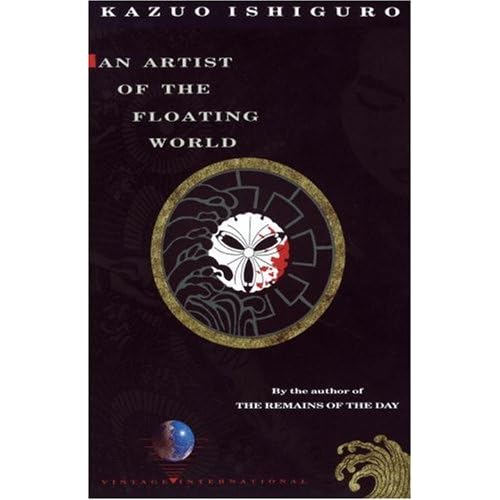The Decline and Fall of Practically Everybody, by Will Cuppy
 Once again Rose picked a winner for our group to read. I absolutely loved it! Calon Lan has already gotten around to reviewing it and did a good job. Pop on over and read her review because I don't have too much else to offer.
Once again Rose picked a winner for our group to read. I absolutely loved it! Calon Lan has already gotten around to reviewing it and did a good job. Pop on over and read her review because I don't have too much else to offer. I would describe Will Cuppy as the Wodehouse Historian. The sense of humor is almost identical. It is entertaining and delightful in every way. Cuppy does deal with mature subject matter but does so in such a way as to make a suggestion, drop a hint, but never outright say what it is he is trying to say. You get the point.
My favorite description in the book is of Aspasia, "companion" to Pericles:
"Aspasia believed in women's rights. That is, she thought women were as good as men, a notion that is always cropping up here and there. The position of women in Athens was not perfect, but it might have been worse. A married lady was permitted to dine with her husband unless there was company, when she was expected to keep to her own quarters. At ordinary meals she sat on a chair and he reclined on a sofa because he was all tired out discussing Truth, Beauty, Goodness, Justice, Freedom and Moderation with his men friends.
Greek wives could not go gadding about the streets, but they could look out the window and have babies. After the age of sixty, they could attend funerals. Yet many of them were dissatisfied with their lot."
I think the thing that most impressed me about Cuppy himself is that he apparently read everything he could get his hands on, on any particular subject or topic, and amassed tons of 3x5" note cards on subjects before writing one word himself. He wanted to make sure he knew his subject matters as best as he possibly could before expounding on it to the world. That is an admirable trait and one I respect, regardless of whether or not I always happened to agree with his historical opinion.
This book is excellent for teaching history in an entertaining way. Whether or not you like reading about history, you will have a hard time NOT having fun with this book. I loved it! Thanks, Rose, for the recommendation!

